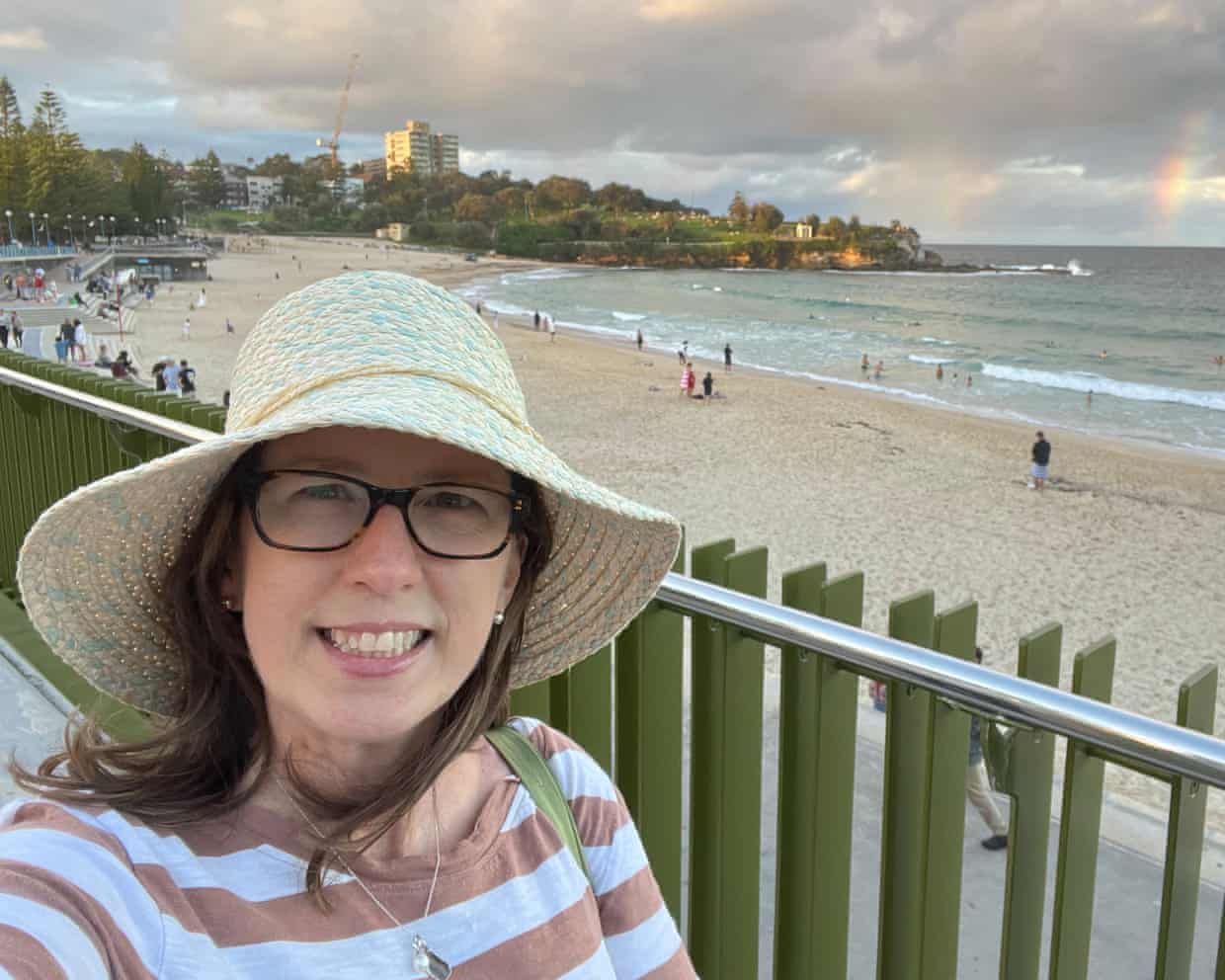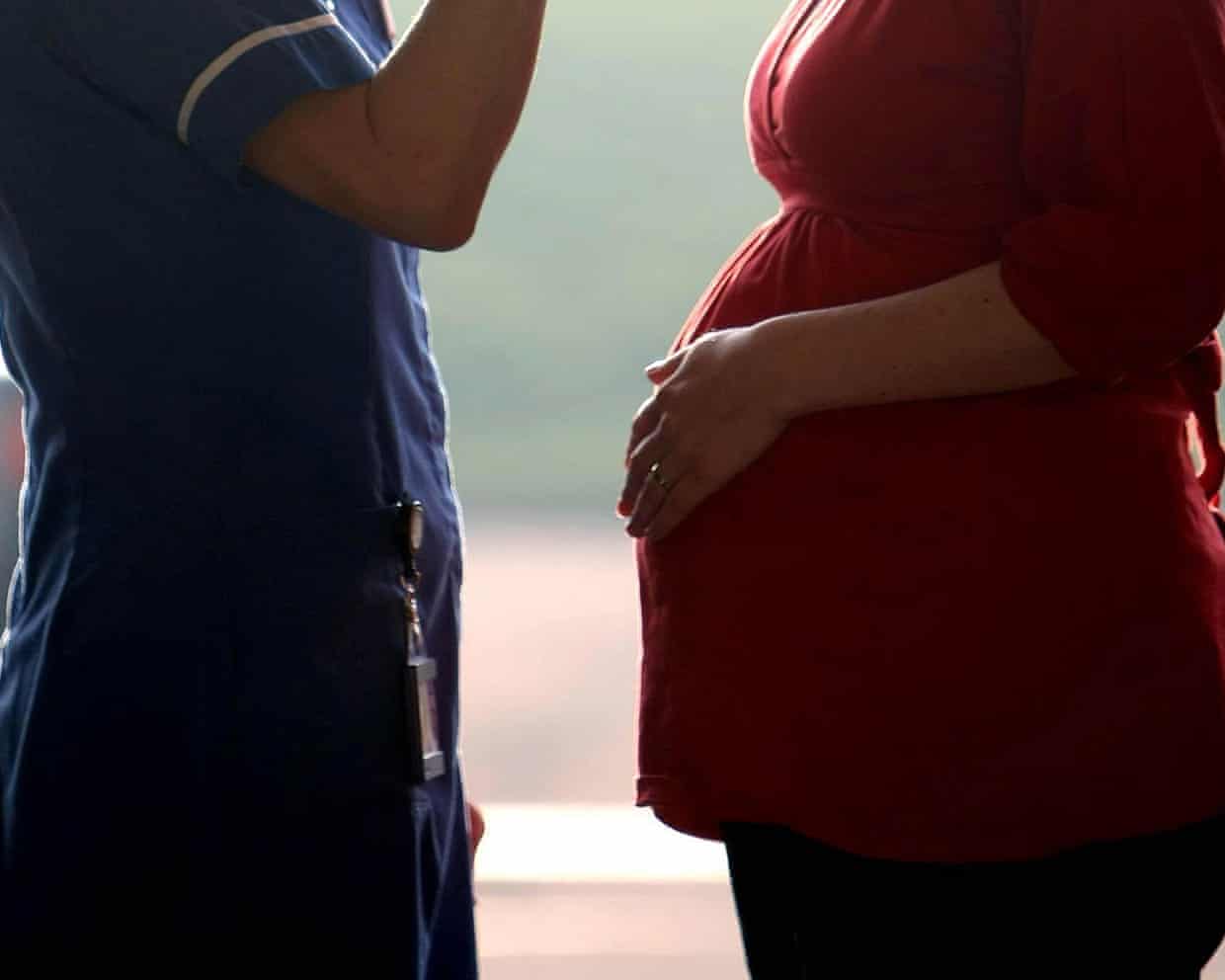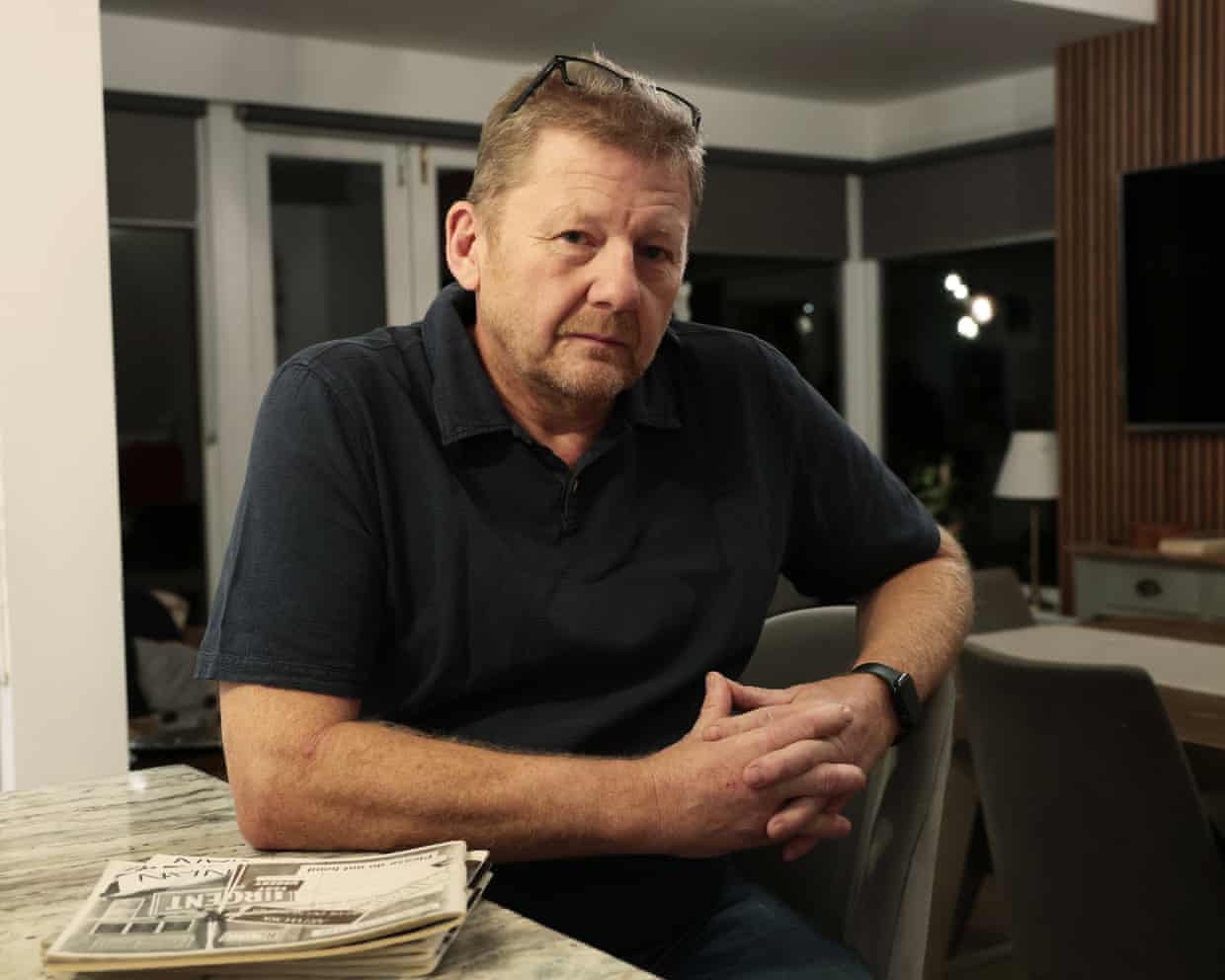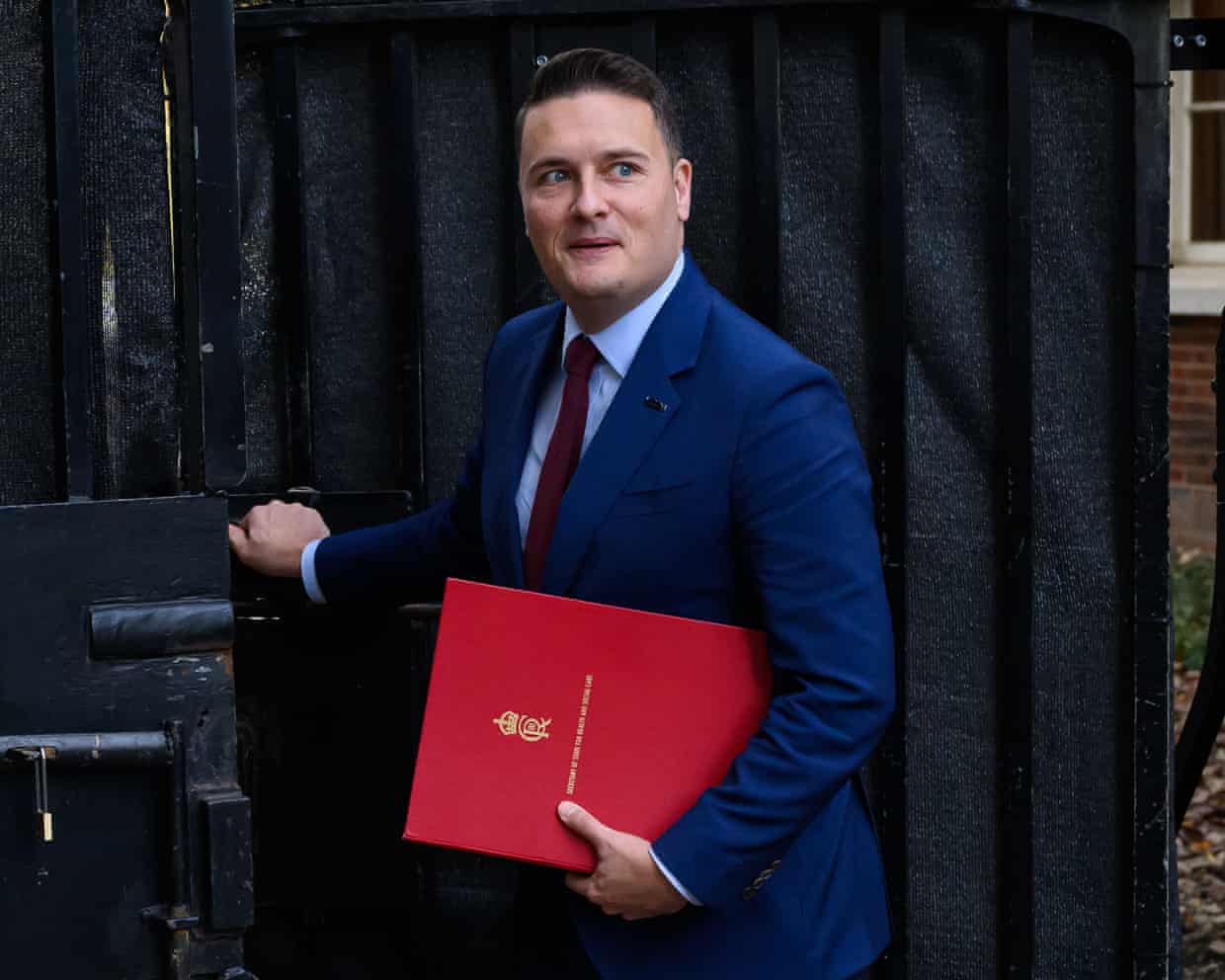Krysty was diagnosed with breast cancer months after getting the all-clear. New Australian guidelines aim to help women like her

When Krysty Sullivan had a routine mammogram in 2019, she was given the all-clear.Eleven months later, she felt a lump.Doctors discovered two tumours, each more than 2cm in size.Sullivan, then 48 years old, was diagnosed with triple-negative breast cancer, a type that can be challenging to treat as the cancer cells do not respond to typical targeted treatments.“It’s always a shock to hear that you have breast cancer, but to learn that I had it months after I had a clear mammogram … it was like the Earth shifted,” Sullivan said.
“I was left wondering what I had missed,”Sign up: AU Breaking News emailSullivan was not told after her mammogram screening that she has the highest category of breast density (known as Bi-rads D), meaning she has very little fatty tissue,This significantly lowers the sensitivity of a mammogram, making it harder to see small abnormalities such as cancers,She was not told at her screening that dense breasts (classified as Bi-rads C or D) also slightly increase breast cancer risk,Sullivan went on to have a double mastectomy and 16 rounds of chemotherapy.
Doctors told her it is likely her cancers were present during her mammogram, but not detected due to her breast density.New national guidelines for GPs released by the federal health department on Thursday say patients like Sullivan should be informed if a mammogram shows that they have dense breasts, and their GPs should be given additional guidance about how to respond.For someone with Bi-rads D, the guidelines say additional imaging should be considered.The guidelines advise GPs to ask women with high breast density about other risk factors such as familiar history to further calculate breast cancer risk and, depending on the risk level, women with high breast density might be offered additional screening covered by Medicare.Dr Anna Withanage Dona, a research fellow at the University of Melbourne, was one of the researchers involved in developing the guidance.
“Up until now, the guidance available to GPs has been pretty inconsistent,” she said,“These guidelines will give doctors better tools and help them explain what breast density means for each individual person, and when to consider further tests or a formal risk assessment,”She said the guidelines were also designed to avoid unnecessary over-screening or adding to women’s anxiety if they do have dense breasts – “having high breast density is not to say someone will develop breast cancer”, she said,Sign up to Breaking News AustraliaGet the most important news as it breaksafter newsletter promotionThe goal of the guidance is not to send every woman with dense breasts for more tests, she said, but rather to help identify which of those women might benefit from additional care, especially if they have additional risk factors,The Royal Australian College of General Practitioners’ breast medicine chair, Dr Katrina Tiller, said BreastScreen has been reporting breast density to women for a number of years, and in some states already advises them to discuss results with their GP.
“This is a nuanced area, and GPs need support to provide their patients with evidence-based advice,” she said,“The guidance is both needed and welcome,The focus for now is getting this information out to GPs and raising awareness,It will be important to monitor the impact of these changes,”Sullivan, who consulted on the guidance as a consumer representative for the Breast Cancer Network Australia, said she hopes women like her will now have cancer detected sooner.
“I think it’s really going to empower women to have important conversations with their doctors and get the personalised care that they need,” she said.

Labour is privatising the NHS in plain sight | Letter
Gaby Hinsliff is right to ask if the government’s reorganisation of the National Health Service will be the final nail in its coffin (Wes Streeting’s gamble with the NHS is greater than any play for Downing Street, 14 November). Such large‑scale redundancies are bound to create problems.There are other threats to the delivery of NHS services too. The privatisation of the NHS is happening in plain sight. Last month, the government proudly announced that “A total of 6

Krysty was diagnosed with breast cancer months after getting the all-clear. New Australian guidelines aim to help women like her
When Krysty Sullivan had a routine mammogram in 2019, she was given the all-clear.Eleven months later, she felt a lump.Doctors discovered two tumours, each more than 2cm in size. Sullivan, then 48 years old, was diagnosed with triple-negative breast cancer, a type that can be challenging to treat as the cancer cells do not respond to typical targeted treatments.“It’s always a shock to hear that you have breast cancer, but to learn that I had it months after I had a clear mammogram … it was like the Earth shifted,” Sullivan said

Mahmood and Lammy breached human rights law over segregation of prisoner, judge finds
Shabana Mahmood and David Lammy have been found to have breached a prohibition on inhuman or degrading treatment with respect to a prisoner who spent months segregated from other inmates, in what is believed to be a legal first.Sahayb Abu was confined to his cell at HMP Woodhill in Milton Keynes, for 22 hours a day and prevented from associating with other prisoners for more than four months after Hashem Abedi, the brother of the Manchester Arena bomber, allegedly attacked prison officers at HMP Frankland.Abu, a convicted terrorist serving a life sentence, was already being held in a separation centre for prisoners believed to be at risk or radicalising others, which has also been described as small group isolation, but was moved to even more restrictive conditions following the attack by Abedi in April.In what is believed to the the first instance of ministers being found in breach of article 3 of the European convention on human rights, Mr Justice Sheldon found that Lammy, the justice secretary, and Mahmood, his predecessor, should have considered Abu’s existing mental health issues before he was moved.In his written judgment, the judge said: “In the context of a prisoner who has a history of trauma and where there was a failure to obtain an assessment of his needs even though he was known to have mental health issues, and a failure to provide him with any therapeutic treatment to address his trauma, a contravention of article 3 is made out, notwithstanding the importance of the aim behind the segregation regime

Coroners’ advice on maternal deaths in England and Wales routinely ignored, study finds
The advice given by coroners in England and Wales to help prevent maternal deaths is not being acted upon, research suggests.Academics at King’s College London looked at prevention of future deaths (PFD) reports issued by coroners in cases of pregnant women and new mothers who died between 2013 and 2023. They found these reports were not being “systematically used nationally”.The study, published in the BMJ Gynecology and Obstetrics Clinical Medicine, identified 29 PFDs involving maternal deaths, but found that nearly two-thirds of these reports were ignored.Two-thirds of deaths occurred in hospitals, with more than half of the women dying after giving birth

NHS failing to cut waiting times as promised in recovery plan, report warns
The NHS has failed to cut waiting times as promised in its recovery plan despite billions of pounds in investment, the public accounts committee (PAC) has warned.The influential parliamentary committee’s verdict raises serious doubts over whether Labour can fulfil its key pledge to voters to “fix the NHS” by ensuring that patients can once again get hospital care within 18 weeks by 2029.In a scathing report, the cross-party PAC warns that improvements in providing faster tests and treatment have “stalled”. And it criticises Keir Starmer and the health secretary, Wes Streeting, for ordering a costly, unplanned reorganisation of the NHS in England. It said this could damage care and was reminiscent of the shambles surrounding the HS2 rail project

Lack of planning has hit Labour’s efforts to fix public services, says thinktank
Keir Starmer is failing to make major improvements to public services partly because he did not plan properly while in opposition, according to a report from the Institute for Government (IfG).The prime minister went into government without a clear idea about how to achieve his targets, the IfG found, resulting in haphazard attempts to reform various sectors, from the health service to the courts.The annual report provides a damaging overview of an occasionally chaotic first year in government for Labour, during which the party and Starmer have slumped in the polls.Nick Davies, a programme director at the IfG and one of the authors of the report, said: “Starmer went into government with a set of missions, but no clear idea about how to achieve them or how those targets fit together in any meaningful way.“He has not been properly engaged with this process

‘He used to say things like “Hitler was right”’: Farage faces more allegations of racist behaviour at school

Uk politics: Streeting defends asylum policy, but says he’s not ‘comfortable’ with forced removal of children – as it happened

Ask young Reform voters their views | Brief letters

Reform UK councillor suspended over WhatsApp group featuring extremist posts

‘I thought the grownups were back in charge!’: John Crace on how Labour shattered his expectations

‘Out of touch’ hereditary peers criticised for voting against workers’ rights